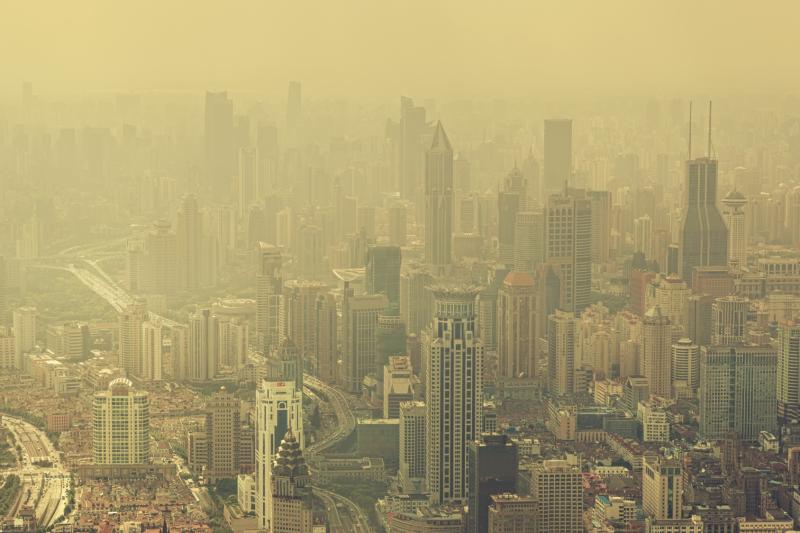 WHO sounds grim warning about deteriorating urban air pollution
WHO sounds grim warning about deteriorating urban air pollutionShort-term exposure to ambient air pollution may increase the likelihood of daily hospital admission for depression, suggesting important implications for improving mental wellness among the public, reports a China study.
The authors used data from the Chinese national medical insurance databases for urban populations to carry out a two-stage time-series analysis and examine the correlation between short-term exposure to major ambient air pollutants—fine particles (PM2.5), inhalable particles (PM10), nitrogen dioxide (NO2), sulfur dioxide (SO2), ozone (O3), and carbon monoxide (CO)—and daily hospital admission risk for depression in 75 Chinese cities during the period 2013–2017.
A total of 111,620 hospital admissions for depression were identified. The single-pollutant models demonstrated significant effect estimates of all included air pollutants, except for O3, at several lags within 7 days.
For instance, 10-μg/m3 increases in PM2.5, PM10, and NO2 at lag01 were associated with increases of 0.52 percent (95 percent confidence interval [CI], 0.03–1.01), 0.41 percent (95 percent CI, 0.05–0.78), and 1.78 percent (95 percent CI, 0.73–2.83), respectively, in daily hospital admissions for depression.
In subgroup, sensitivity, and two-pollutant model analyses, the robustness of the effect estimates for NO2 was also observed.
These findings echoed an earlier study, which provided strong evidence of increased hospital admission in association with short-term exposure to ambient air pollution in China. [Environ Pollut 2018;242:1042-1049]